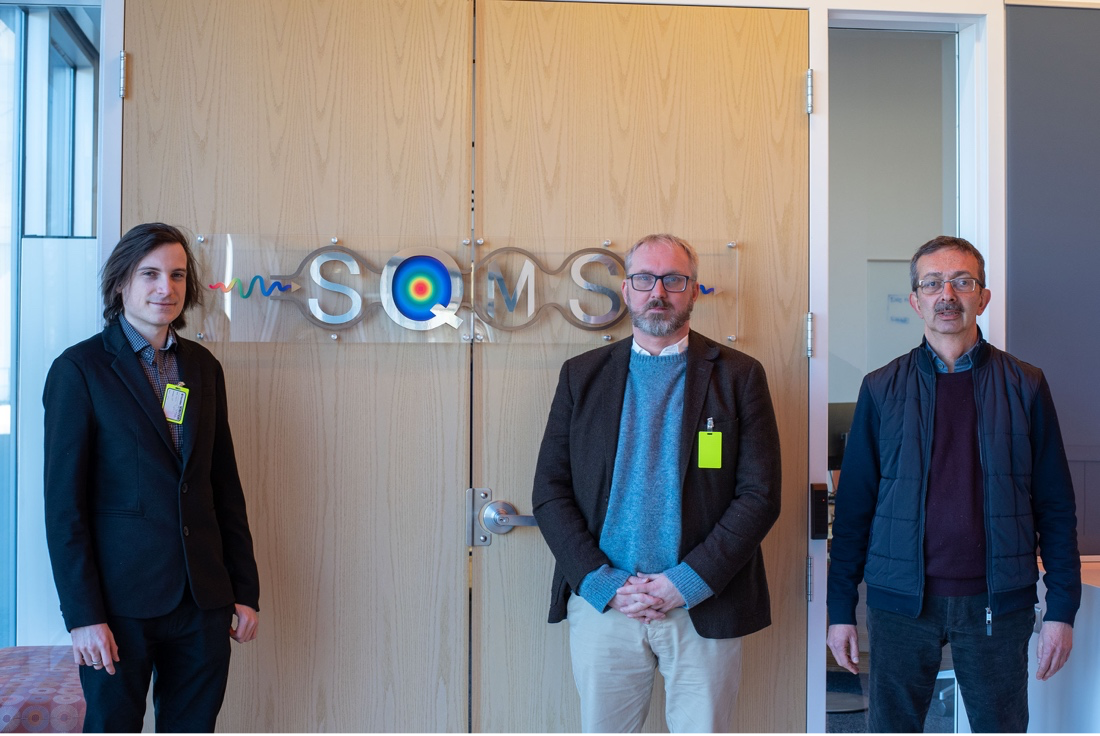US and UK Launch $10 Million Quantum Chemistry Research Partnership
The US and UK have jointly launched a $10 million research partnership to advance quantum chemistry, funding eight collaborative projects between leading scientists in both countries.

On September 19, 2025, the United States and United Kingdom announced a landmark $10 million quantum chemistry research partnership, marking a significant step in international scientific collaboration. The initiative, jointly funded by the U.S. National Science Foundation (NSF) and United Kingdom Research and Innovation (UKRI), will support eight major collaborative projects focused on exploring quantum phenomena in chemical systems.
Scope and Goals of the Partnership
The partnership aims to deepen understanding of how quantum mechanics influences chemical reactions, with potential applications in solar energy, drug design, and quantum sensing. According to the NSF, the selected projects will bring together top researchers from both countries to investigate how quantum information affects molecular systems and how this knowledge can be harnessed for new technologies. Brian Stone, performing the duties of NSF director, emphasized that the joint investment lays the foundation for advances that could transform everyday life, including more powerful computing and next-generation navigation and sensing tools.
Key Projects and Researchers
Among the eight funded projects, Professor Stephen Bradforth of USC Dornsife College and his UK collaborator Tom Oliver of the University of Bristol will study quantum entanglement in ultrafast molecular events. Their research will develop new tools to detect entanglement in real time, capturing events that occur in quadrillionths of a second. Another notable recipient is Professor Greg Scholes of Princeton University, who, along with partners at the University of Cambridge and University College London, will investigate quantum entanglement in photochemical reactions. Scholes highlighted that the program marks a turning point for chemistry’s contributions to quantum information science, potentially leading to new molecular-based qubits and components for quantum computing and sensing.
Broader Impact and Future Directions
The NSF-UKRI partnership is designed not only to advance scientific knowledge but also to train a new generation of scientists in quantum information science, building a workforce ready for the emerging quantum era. Jane Nicholson of UKRI stated that the joint investment represents a commitment to exploring compelling scientific frontiers and working with international partners to open new pathways for transformative science and quantum technologies. The program is expected to inspire changes in how quantum science is taught in chemistry departments and to foster further collaboration between physicists, engineers, and chemists.
The announcement follows a series of workshops and strategic planning efforts that identified key questions at the intersection of quantum information science and chemistry. The funded projects will address these questions, providing a roadmap for future research and innovation in the field. The partnership underscores the importance of shared investment in tackling real-world challenges and demonstrates the power of international collaboration in driving scientific progress.